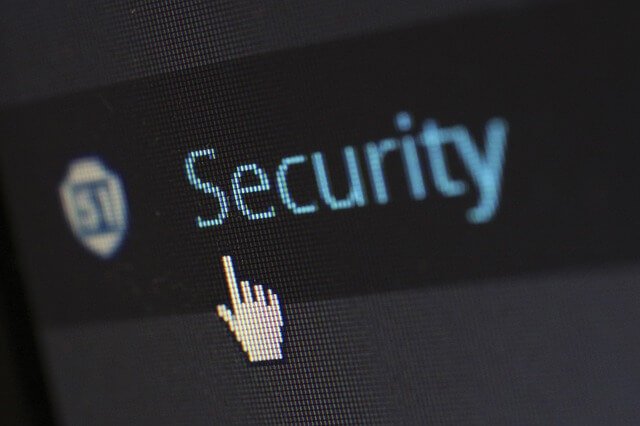The Importance of Physical Security
Physical security is primarily about keeping the people and items in your facility safe from a potential real-world threat. Physical deterrence, quick response to threats, and the detection of said threats are examples of how your company can protect themselves. Proper training is necessary for all employees who work in this sector, so physical security courses are recommended as an effective solution to equip your team just in case.Attacks could damage or steal IT assets like storage media, steal information by USB, gain access to terminals or applications, or upload viruses or malware. Preventive measure to keep out external threats, while implementing firewalls and other internal protections will reduce the likelihood of attackers or flag bizarre behaviors. Don’t forget to monitor all entrances and exits, including windows and back doors. Focusing on obvious entry points like the front door could leave you blind to potential attacks.
Principles and Measures of Physical Security

Surveillance and access control are the two core components of physical security and should be treated as equally crucial for stopping threats.
Surveillance
Burglar alarms, guards on patrol and CCTVs that monitor movements and sounds include surveillance measures. Having more surveillance in high-risk locations like loading docks, floor windows, and larger air vents may require more sophisticated detectors. Infrared, optical, proximity, image, smoke, temperature, and pressure sensors can all be purchased to ensure nothing gets past security.Access Control
Access control is a device for anyone entering the building to use, such as key cards, ID, keypads, or restricted doors. Things like windows, walls, gated fences, and doors that remain locked at all times will act as a deterrent. If you wish to add warning signs, barbed wire or visible guards, this may make someone who wants to break in think twice.Testing
Once you have all the crucial measures in place, you should test them to see if there are any holes in your security process. This is also called “disaster recovery.” Not only will testing your security system ensure it works, but it also makes it less likely a human-made disaster could happen in the future. Having a test could be treated as a fire drill; run your team through what should be done if a breach occurs.The Combination of IoT, AI and IT Security
The gap between physical security and IT-based security is getting smaller by the day. Most surveillance systems are connected to the internet for quick storage while monitoring systems that keep digital logs are becoming more prevalent. AI physical security will likely become more popular in the future as AI is becoming more sophisticated.Soon, physical security technology will require physical security and IT to work closer than ever before. Companies need to create digital logs that need to be stored, processed, and presented to specific people you wish to work with. AI models have to be trained to your system, and internet-connected devices have to be secured. It’s best to prepare for this slowly and integrate physical security training, so your employees are ready for when the shift inevitably occurs.
Physical Security and Social Engineering
One element to your physical security protocol is the ability to see a potential threat, even when they’re impersonating someone else in your industry. It’s easy for others to gain access to your building by pretending to be a janitor, cleaner, or a builder. This may seem silly, but this is common. Appropriate measures should be taken, so your security knows everyone in the building, or who is likely to go in and out each day.Authority plays a role in this as well. If your company requires a strict dress code of a suit and tie, anyone could wear one, enter your building and not be questioned by staff. This is because your team won’t want to challenge anyone who is seen as having higher importance. In all potential security breaches, there is a human element involved that can be difficult to prepare for. Remember that the most sophisticated security technology can fail if your staff isn’t prepared.
How to Enforce Policies for Physical Security

Due to the importance of protecting yourself, your property, and essential data, a physical security policy should be made as soon as possible. Training your staff to handle threats appropriately will help with the overall security of your business.
Customize access is one of the first things that should be handled by your team. If one, or two unique people are designated a special ID card, no one else will be able to access that part of the building. You could also blanket security cards, and make access to specific areas of your building available at a time of day (no overnights or early mornings, for example).
Approaching all research with a level of risk will help determine whether or not you should have physical security in an area, or if a camera will do just fine. Armed guards are usually not needed at specific access points because a potential threat will see no need to go into that part of the building.
Finally, if you track all of your inventory every day, you’ll know if a breach has occurred within 24 hours so you can handle it appropriately as soon as possible. You could also have a security method that will lock after 3 failed attempts. If someone leaves, take their card keys back and have an inventory of who has access to what. The more careful you are, the less likely a breach will occur.










0 comments: